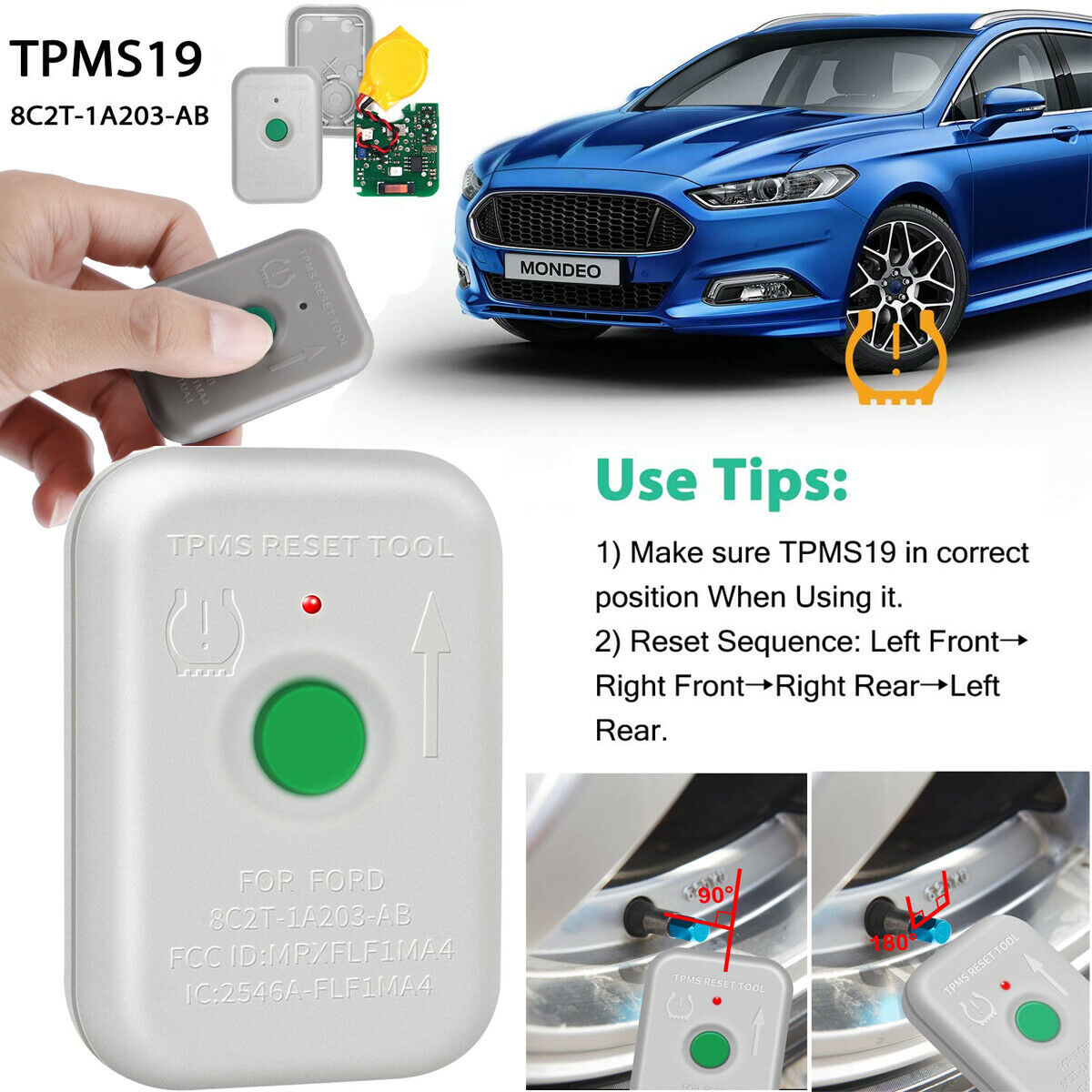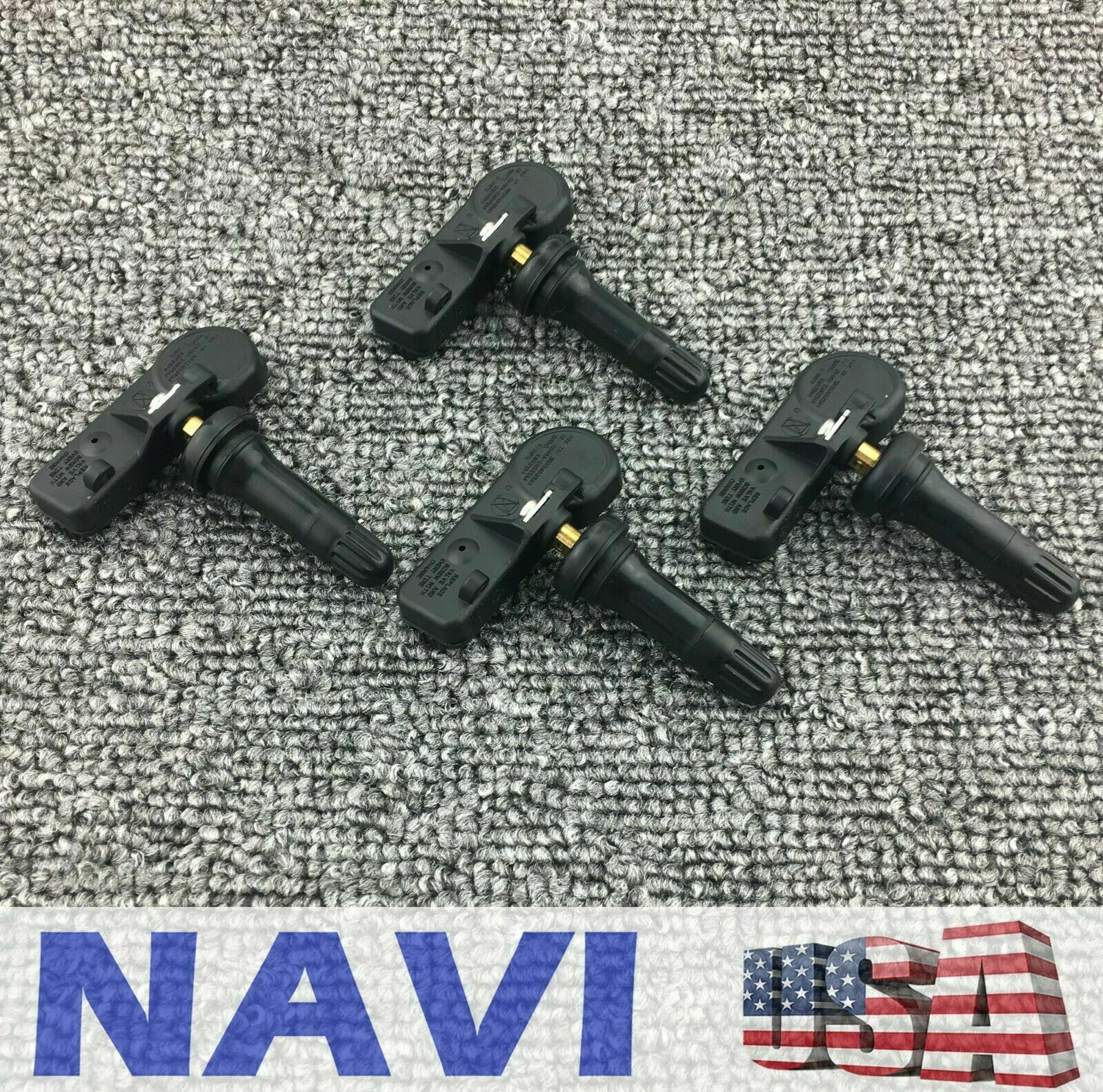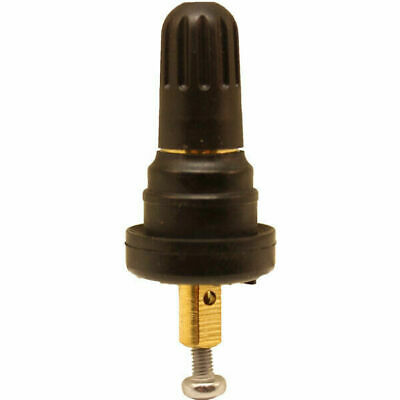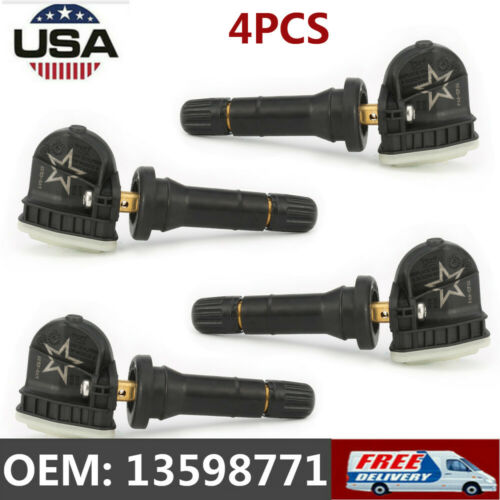-40%
For Ford TPMS Reset Sensor Programming Training Reset Tool Tire Pressure Mointor
$ 6.11
- Description
- Size Guide
Description
Product Description:Tire Pressure Monitoring Sensor TPMS fits for Ford
Interchange Part Number: TPMS-19, 8C2Z-1A203-A
Replaces your old and damaged one.
Placement on Vehicle:Left, Right, Front, Rear
Color:As pictures shown
Size:about 6*4.3*1cm
Package Included:
1x Tire Pressure Monitoring Sensor For Ford
Compatible with:
2007-2016 for Ford F-150
2008-2016 for Ford F-250 F-350 F-450 F-550 Super Duty
2007-2016 for Ford Mustang
2007-2014 for Ford Edge
2006-2016 for Ford Escape
2008-2016 for Ford Expedition
2006-2016 for Ford Explorer
2008-2015 for Ford
2008-2016 for Ford Taurus
2008-2016 for Ford E-150 E-250 E-350 E-450 Econoline
2008-2016 for Ford Fiesta
2008-2016 for Ford
2008-2016 for Ford
2008-2011 for Ford Crown Victoria
2011-2016 for Ford Transit Connect
2006-2011 for Ford Ranger
2007-2016 for MKX
2007-2016 for MKT
2008-2016 for MKZ
2008-2016 for MKS
2008-2016 for Navigator
2008-2011 for Town Car
2007-2008 for Mark LT
2006-2010 for Mountaineer
2006-2010 for Monterey
2006-2011 for Mariner
How to Train for Ford Tire Pressure Monitior Sensors TPMS
1. Turn the ignition switch to the OFF position, then press and release the brake pedal.
2. Cycle the ignition switch from the OFF position to the RUN position for 3 times, ending in the RUN position.
3. Press and release the brake pedal.
4. Turn the ignition switch to the OFF position.
5. Turn the ignition switch from the OFF position to the RUN position 3 times, ending in the RUN position.The horn will sound once and the TPMS indicator will flash if the training mode has been entered successfully. If equipped, the message center will display TRAIN LF TIRE.*
6. Place the tire pressure monitor activation tool on the LEFT (Driver's Side) FRONT tire sidewall at the valve stem.Press and release the test button repeatedly on the TPMS Tool until the horn beeps.(It may take up to 6 seconds for the tool to activate the sensor, Leave the tool on the sidewall for the entire 6 seconds).The horn beeping indicates that the body control module has recognized the TPMS sensor.
7. Within 2 minutes of the horn sounding confirming programming of the LF tire,place the TPMS tool on the RIGHT (Passenger's Side) FRONT tire sidewall at the valve stem and press the test button to activate the sensor.
8. Repeat step 7 for RIGHT REAR followed by LEFT REAR tire in that order. The procedure is complete after the last tire has been trained.When training is complete, the message center (if equipped) will display TIRE TRAINING COMPLETE . For vehicles not equipped with a message center, successful completion of the training procedure is verified by turning the key to the OFF position without the horn sounding. If the horn beeps twice when the switch is turned to OFF the training procedure was not successful.
NOTE:
If the vehicle or wheels/sensors have been stationary for more than 30 minutes, the sensors will go into a "sleep mode" to conserve battery power. It is necessary to wake them up by simply moving them or rolling the tires before they will communicate with the vehicle.
The TPMS training procedure must be done on one vehicle at a time, in an area without radio frequency interference - at least 3 feet away from other vehicles equipped with TPMS sensors.
Vehicles with different tire pressures front-rear like F-Series trucks and E-Series vans also require TPMS re-training after a tire rotation. Failure to train the sensors will cause the TPMS warning light to illuminate on the dash.




















